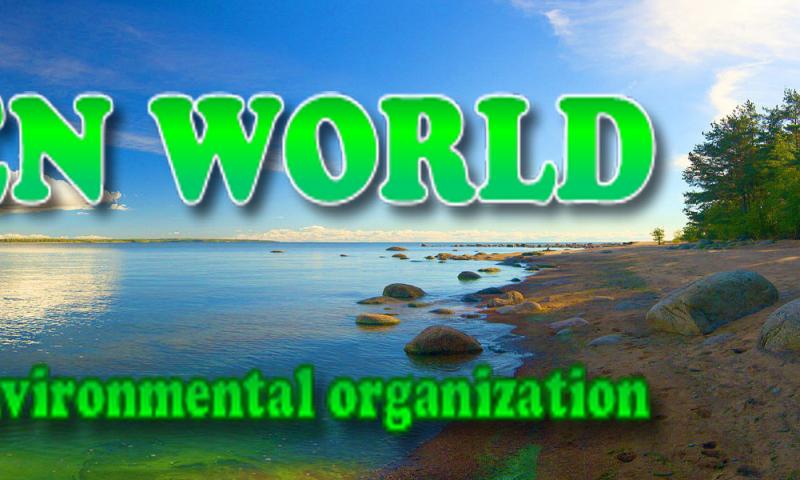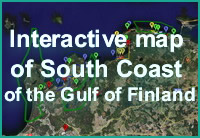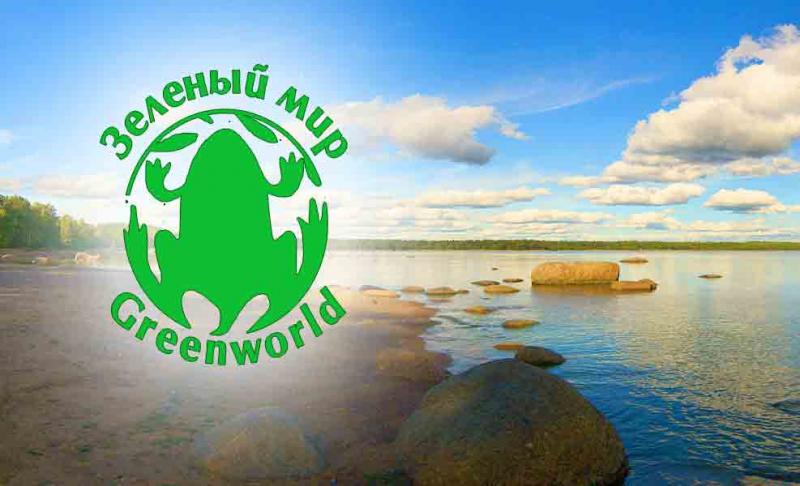
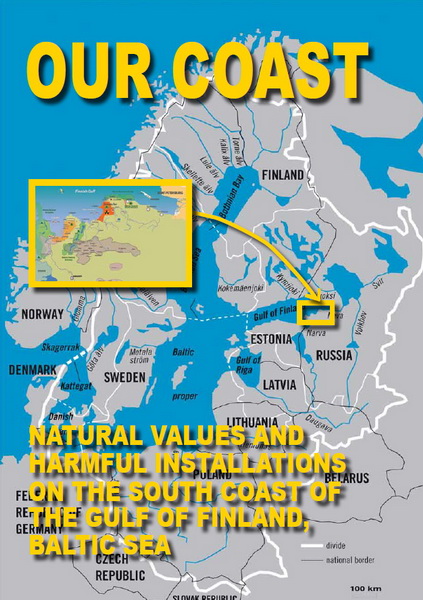 |
The South Coast of the Gulf of Finland |
|---|---|
| Natural Values and Harmful Installations |
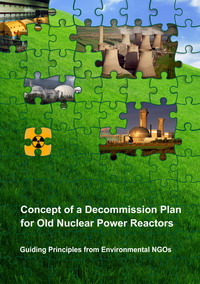 |
Concept of a decommission plan for old nuclear power reactors |
|---|---|
| Guiding Principles from Environmental NGOs |
Nuclear waste on the way from Europe (Serbia) to Russia
December 6, 2010 German Government stopped the transportation to Russia the German spent nuclear fuel (SNF) from research reactor. But the new portion of the nuclear waste from Europe on the way to Russia.
This flow of nuclear death is growing!
At present SNF from research reactors from Poland and Latvia are being moved for reprocessing at the Mayak site in Chelyabinsk Oblast Russia.
Ecologists of Russia and Norway protest against the import of spent nuclear fuel (SNF) from Europe to Russia.
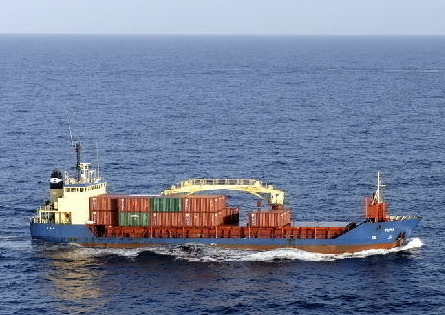 On 13 December a Danish ship PUMA with 333 tonnes of nuclear waste from Serbia is expected to arrive at the port of Murmansk.
On 13 December a Danish ship PUMA with 333 tonnes of nuclear waste from Serbia is expected to arrive at the port of Murmansk.
Russian and Norwegian ecologists protest against the policy of double standards of safety and have made a statement with a Declaration of Protest.
DECLARATION
Of the unacceptability of the transfer of nuclear waste from Europe to Russia and the need to develop common standards of safety
We, the representatives of the international network of NGOs DECOMATOM, express our strong protest against the transfer of nuclear waste from the Europe to the Russian Federation.
Another batch of European spent nuclear fuel (SNF), this time from the Vinca Institute for Nuclear Sciences in Serbia, is being transported to Russia for reprocessing at the Mayak nuclear facility in Chelyabinsk Oblast.
The hazardous cargo (containers with spent nuclear fuel weighing 333 tons) has been transported by rail through the territory of Serbia, Hungary, and of Slovenia through the port of Koper (Slovenia). Further, the Danish vessel Puma is transporting the radioactive containers through the Adriatic Sea, Mediterranean Sea, and Atlantic Ocean, and will arrive on December 13 in the port of Murmansk (Russia). After a second transfer, a train will take the containers for reprocessing at Mayak after travelling 3000 km. This will be a “radioactive Christmas gift” for the Ural region of Russia.
The Mayak plant at present releases the pollution of commercial processing of nuclear fuel into the environment, including Lake Karachai, Staroe Boloto, and Tatysh, and into the water bodies of the Techa and further into the Ob River and the Arctic Ocean. The radiation returns to the European Union through the biological chain of seafood which appears on the tables of Europeans. This has taken place during all 65 years of the operation of the nuclear plant Mayak.
Since 2004, after the United States and Russia agreed to reduce nuclear threats, the governments of the EU nations, Russia, and the United States under the guise of good intentions through the Treaty on the Non-Proliferation of Nuclear Weapons, have promoted the formation in Russia of the most dangerous, cynical, and corrupt business of radioactive waste.
Under the pretext of nuclear non-proliferation the governments are transporting nuclear waste from Europe to Russia. This does provide a solution, but shifts the problem onto the shoulders of other people.
We urge the European Union in the current political situation, as new challenges (terrorism, corruption) have appeared, to serve as the initiator of uniform safety standards based on the principles of social justice.
WE INSIST THAT:
- Spent fuel should remain in those countries that have benefited from its use. Its long-term safe storage should be carried out under the supervision of the international community (IAEA). All further decisions about the fate of that fuel should be taken with the participation of the interested public.
- Reprocessing of spent nuclear fuel should be terminated, since this process is accompanied by the introduction of radioactive waste into the environment, bringing irreversible damage.
- It is essential to develop and adopt an international convention on the decommissioning of nuclear sites. The convention should establish the principles of equal safety for all nations and the environment in solving those problems which arise during the process of decommissioning.
St. Petersburg, Chelyabinsk, Murmansk, Oslo, December 7, 2010
International Decommission Network members: decomatom.ru
Oleg Bodrov, NGO Green World, Sosnovy Bor, Leningrad Oblast, Russia,
phone +7 9217452631, www.greenworld.org.ru
Natalia Mironova, PhD in Sociology, Movement for Nuclear Safety, Chelyabinsk,
phone +7 9617865279,
Andrew Talevlin, PhD in Juridical Science, Foundation “For Nature”, Chelyabinsk, Russia,
phone +7 9012503500
Yuri Ivanov, Kola Environmental Center, Murmansk, Russia,
phone +7 911 307 1163 www.kec.org.ru
Kjersti Album, Norwegian Society for the Conservation of Nature, Oslo, Norway,
phone +47 99026630, http://naturvernforbundet.no/international
You may see the consequences of the reprocessing of nuclear waste on the lives of people and on nature in this film download “Wasteland” at http://www.greenworld.org.ru/vd_techa (in Russian language).
The film has been translated into English at http://dl.dropbox.com/u/744348/techa_eng.mp4
and into German at http://www.videowerkstatt.de/ .
The “Wasteland” documentary received the prize of the IX Baikal International Festival “People and Nature”. September 2010.
Oleg Bodrov, Natalia Mironova and Nathaniel Trumbull
tel. +7 921 74 52 631
The distribution of our information is encouraged.
When reprinting please refer to our periodical.

